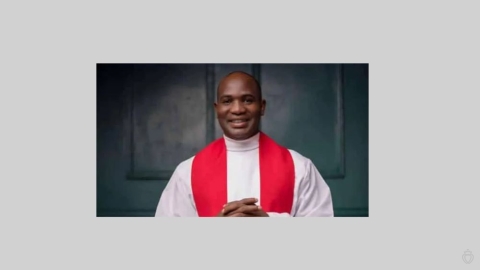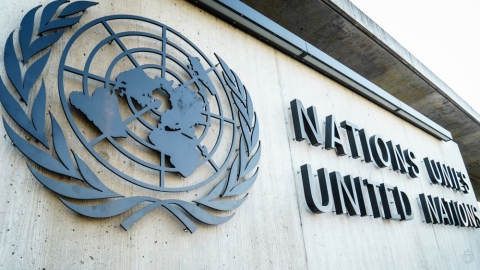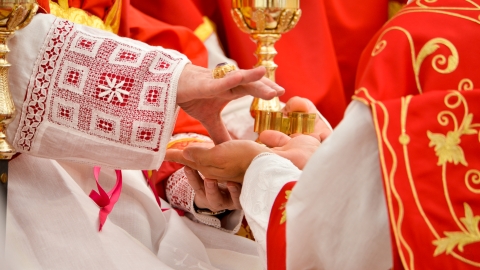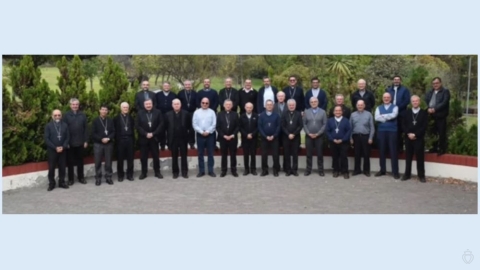China-Vatican: The Strange Desire of the Holy See to be Fooled (2)
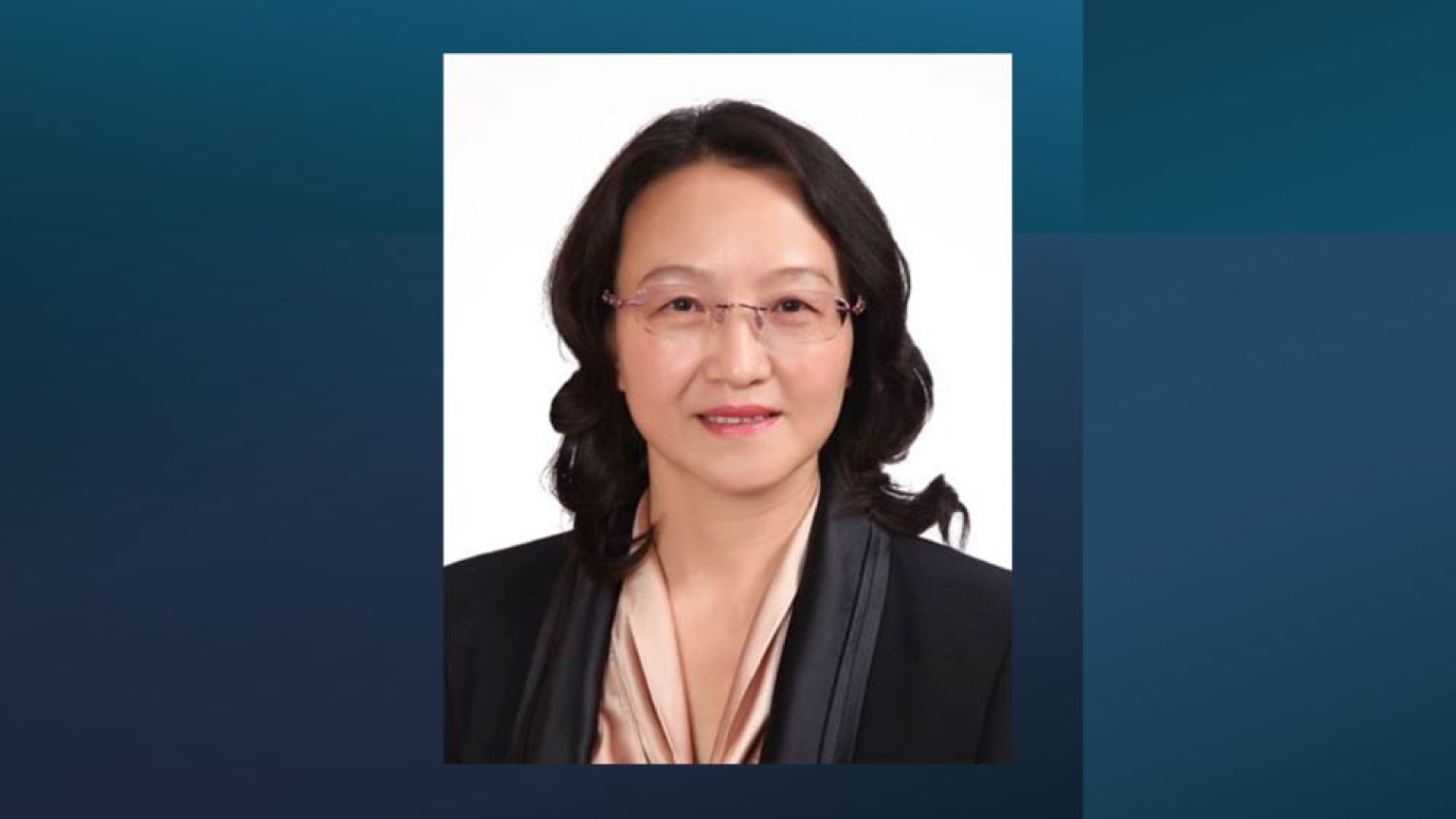
Zheng Xiaojun
During the conference organized in Rome to celebrate the centenary of the first Council of the Chinese Catholic Church in 1924, Bishop Shen Bin, declared Bishop of Shanghai by the Chinese government, gave a conference--analyzed in the previous article--which shows how this ecclesiastic, a member of the Chinese Catholic Patriotic Association (CPA), is a pure product of the system.
An article from Vatican News reporting the event noted that “Two women were among the speakers at the conference”: two academics, the first being Chinese and the other Italian, a professor of Chinese History at the Catholic University of Milan, where a similar conference was held the day before. But it is important to carefully examine who Zheng Xiaoyun really is.
The Per Mariam blog, run by Michael Haynes, Vaticanist, notes that she “serves as director of the Institute of World Religions of the Chinese Academy of Social Sciences (CASS), and is also secretary-general of the Chinese Religious Society” and that
“The CASS is a leading proponent of the Sinicization of religion, by which China subverts religions to the control of the Communist state, particularly with regard to Christianity.” This association “has been noted as serving as a ‘bridge’ to promote this endeavor of Sinicization between the political and religious communities,’ a role it has played publicly since President Xi came to power in 2012.
“Her presence, therefore, is key and has even been described as ‘unprecedented,’” according to the Vaticanist. But Zheng’s curriculum vitae does not stop there. The CASS website (cass.cn) gives additional details about it.
Professor Zheng is still director of the National Youth Federation of Social Sciences, member of the 7th National Committee for Scientific and Technological Nomenclature, the 7th Women’s Committee of the Federation of All-China Trade Unions and expert of the “Base of research on the national condition” of Seeking Truth magazine and of the provincial Committee of the Yunnan Provincial Party Committee.
Finally, she is Director of the Chinese Society for the Study of United Front Theory. For many, this title says nothing: this movement is nevertheless a key element of Chinese politics, in and outside of China.
Related Article:
The United Front
According to Wikipedia, the United Front is a political strategy and network of key groups and individuals that are influenced or controlled by the Chinese Communist Party (CCP) and used to advance its interests. It is a traditionally popular front which includes eight legally authorized political parties, especially the Chinese People’s Political Consultative Conference (CPPCC).
As detailed in an article on the Paris Foreign Missions (MEP) website: “Religion, in the 1980s, was integrated into the politics of the United Front. The United Front is a Party organization composed of a group of people from very diverse backgrounds who are convinced to support socialist modernization. [...]
“The Religious Affairs Bureau, additionally, is an organization of the State Council. These two organizations are in constant contact and have the task of implementing the government’s relgious policies. In defining these policies, the United Front takes precedence over the Religious Affairs Bureau.”
It’s important to note that the religious patriotic associations (Buddhist, Taoist, Islamic, Protestant, and Catholic) are integrated into the United Front.
It was therefore a member of the United Front, a very important figure in terms of Chinese religious policy, who accompanied Bishop Joseph Shen Bin to Rome. It was indeed the eye of Beijing which was there to watch and seek to influence. Her talk will undoubtedly be published, but only some elements are currently known.
The Practical Plan for Sinicization
The newspaper La Croix reports that “In her speech, she extensively cited the Chinese president, praising ‘the excellent Chinese culture’ and the need to ‘promote understanding among peoples’ to overcome any ‘sense of superiority.’” These elements of language are part of the plan drawn up in China to Sinicize.
What facilitates the work of anyone studying the operation of a Marxist totalitarian system, like that of the Soviet Russia or the People’s Republic of China, is the uncompromising vertical transmission of systems and slogans which generally accompany the dithyrambic praise of the superior--namely, Xi Jinping.
It’s important to note the title of the 4th part of the Bishop Shen Bin’s speech, analyzed previously: “The development of the Church in China must immerse itself in the excellent traditional Chinese culture.” Why such a similarity? Simply because it is one of the slogans developed within the United Front, which must be broadcast, rehashed, repeated, and thus inculcated.
The CASS website reports a session held in Beijing on June 17, 2023, by the Research Forum on Marxist Religion and the Academic Symposium on the Party Theory on Religious Work in the New Era. The Secretary-General of the Chinese Academy of Social Sciences, the Vice Minister of the Central United Front Work Department, as well as Zheng Xiaoyun, spoke.
She describes a four-point plan to promote Sinicization: “reinforce ‘orientation’, conform to the law of ‘harmony’, use ‘infiltration’ and achieve ‘transformation’, so as to continually promote [...] the innovative development of the excellent traditional Chinese culture, to actively guide religions so that they adapt to socialist society, and to promote the construction of the modern civilization of the Chinese nation.”
On April 15, Xi Jinping gave a speech with the title: “Strengthening the protection and inheritance of cultural heritage, promoting the excellence of the traditional Chinese culture.” The aforementioned expression comes up no less than nine times...
Let us note in passing that the representative of the Chinese government spoke of Vatican II. She described it “as having enabled the ‘Roman Catholic Church’ to ‘continuously dialogue with other Christian churches and other religions,’ ‘liberating theology from its authoritarian and dogmatic past,’” according to La Croix. In other words, it has made Catholicism amorphous and inoffensive.
Related Article:
In no. 58 of his encyclical Divini Redemptoris on atheistic Communism, Pope Pius XI solemnly warns: “Communism is intrinsically wrong, and no one who would save Christian civilization may collaborate with it in any undertaking whatsoever.” This warning is unfortuneately forgotten or rejected today.
The aforementioned MEP article concludes: “The Party cannot tolerate anything that is not perfectly integrated into the One Party system or that functions outside of it.” This is what Cardinal Joseph Zen Ze-kiun has constantly repeated in the face of the “diplomatic progress” and the Sino-Vatican agreement.
By inviting a Bishop Shen Bin or a Zheng Xiaoyun to facilitate the renewal of this agreement, Vatican diplomacy has quite simply invited an “intrinsically wrong” system which would only reduce Chinese Catholicism to the state of a puppet manipulated by the State.
(Sources : La Croix/Per Mariam/CASS/gov.cn/Wikipédia/MEP/Vatican News/G20interfaith/China Christian Daily – FSSPX.Actualités)
Illustration : IF20
